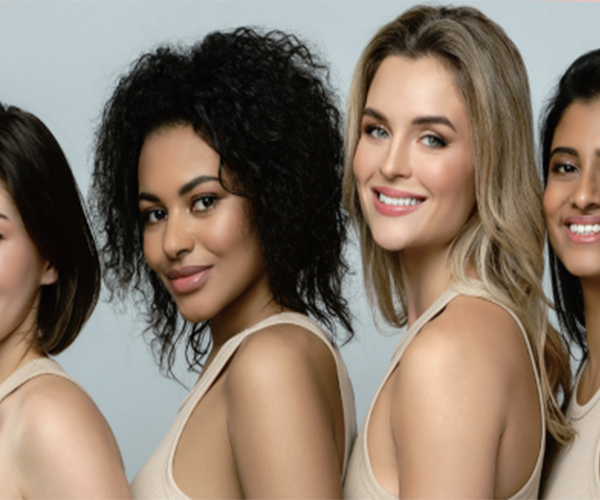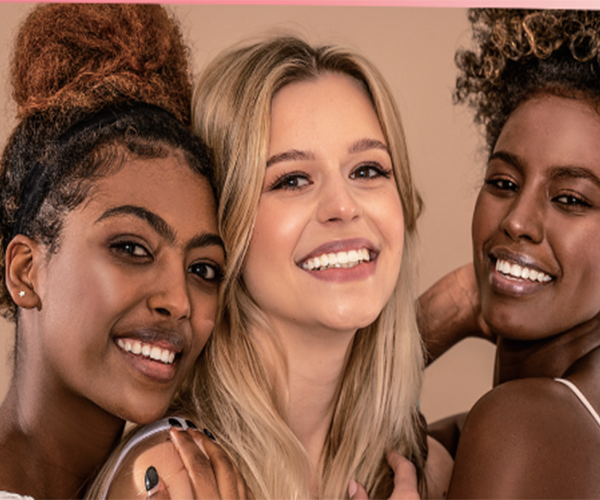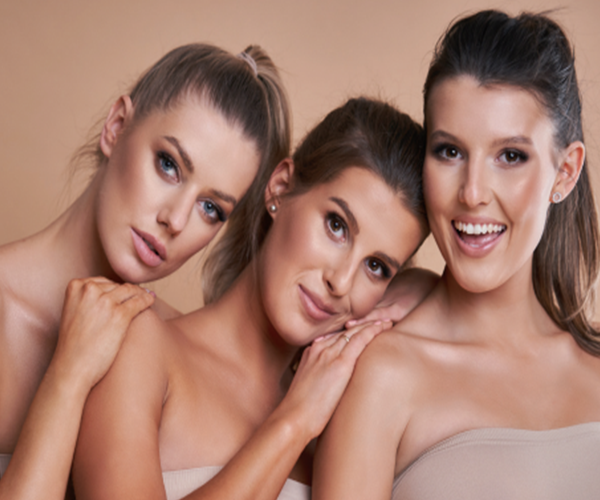Domestic Beauty Brands Rise, Technological Innovation, and Consumer Trends Reshape the Market Landscape
Release Time:
Jun 26,2025
Domestic Beauty Brands Continue to Lead in the Anti-Aging Sector, with Key Players Taking Center Stage
According to the latest data from iiMedia Research, the size of China's anti-aging beauty market is projected to exceed RMB 138.2 billion in 2025. Domestic brands are making significant strides in core categories such as liquid serums, eye creams, and recombinant collagen products. One leading domestic brand, with a focus on "scientific anti-aging," has seen its Ruby Essence and Double Antioxidant Essence top the sales charts in Tmall's skincare category for three consecutive years, and secure the No. 1 spot on Tmall's beauty pre-sale list during Double 11. Another well-known domestic group has pioneered "anti-fatigue aging" technology. Its sixth-generation Little Purple Bottle Essence incorporates an exclusive ingredient, boosting collagen production efficiency by 68 times compared to a traditional ingredient, becoming a benchmark for domestic brands in the mid-to-high-end market. Additionally, a brand targeting sensitive skin anti-aging has achieved a repurchase rate of over 40% for its hexapeptide eye cream. Meanwhile, another brand has adopted a "premium alternative" strategy to target the lower-tier markets, with its Red Waist Series selling over 10 million units annually and ranking among the top 10 on Douyin's skincare list.
A Brand Precisely Targets the Mature Skin Market, Driven by Herbal Science and Cultural Empowerment
In the anti-aging sector, a brand has carved out a niche by focusing on consumers aged 50 and above, filling a gap in the industry. Its Lingzhi Active Peptide Essential Oil tops Douyin's facial essential oil bestseller list, while its Leukocyte Collagen Rain Shower Lotion has sold over 3 million bottles, with users reporting "significant improvement in skin sagging." The brand has established five laboratories in collaboration with institutions like COSMX and Tengyu Group, boasting over 30 exclusive patents including supercritical extraction technology and 3D skin-tightening technology, creating a significant technological barrier. Furthermore, the brand has set up the "Breakthrough Fund," donating funds for every bottle sold to support disabled individuals, conveying the value that "the beauty industry should not just be about business but also about empowering lives."
International Brands Cut Jobs and Adjust Channels, While Domestic Brands Accelerate Global Expansion
In 2025, Estee Lauder announced plans to cut 5,800 to 7,000 jobs, and L'Oreal's China travel retail division is considering laying off a significant percentage of its workforce, reflecting the challenges faced by international beauty giants in the Chinese market. Meanwhile, domestic brands are accelerating their global expansion. A leading domestic brand has established its European Innovation Center in Paris, forging strategic partnerships with institutions like LIPOTRUE Laboratory and Cosmetic Valley in France. Brands such as Maogeping and another domestic brand have registered multiple fragrances, tapping into high-potential segments. Additionally, the Shanghai Beauty Expo has kicked off, featuring a total exhibition area of 150,000 square meters and bringing together over 1,800 enterprises from 68 countries and regions worldwide, driving technological innovation and ecological collaboration in the beauty industry.
Related Blog
Jun 26,2025
Jun 26,2025
Beauty Industry Insights: Insights into Industry Development through Data
Jun 26,2025




